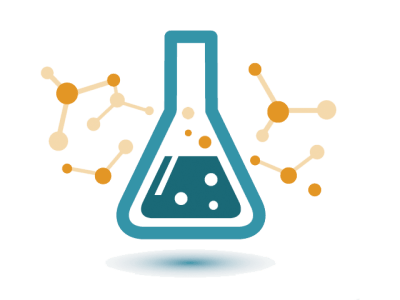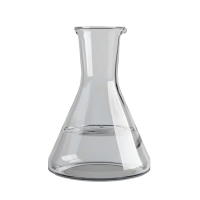Chemicals products
Chemicals
Chemicals are substances with distinct molecular compositions that are produced by or used in chemical processes. They are fundamental to a myriad of industries, playing crucial roles in everything from manufacturing to healthcare. Below is an overview of the significance, applications, and categories of chemicals.

Importance of Chemicals
Chemicals are integral to various sectors, driving advancements and efficiencies in production, improving quality of life, and enabling technological progress. They are essential in:
Industrial Manufacturing: Chemicals are used to create materials like plastics, metals, textiles, and more.
Healthcare: Pharmaceuticals and medical treatments rely heavily on chemical compounds.
Agriculture: Fertilizers, pesticides, and herbicides are chemical products that enhance crop yield and quality.
Consumer Goods: Everyday products such as cleaning agents, cosmetics, and personal care items are developed using chemicals.
Energy: Chemicals are crucial in the production and refinement of fuels and in renewable energy technologies.
Applications of Chemicals
Pharmaceuticals: The development of drugs and medical treatments.
Agriculture: Enhancing crop protection and growth through fertilizers and pesticides.
Manufacturing: Producing materials like polymers, alloys, and composites.
Environmental Protection: Waste treatment, pollution control, and water purification.
Food Industry: Preservatives, flavorings, and packaging materials.
Categories of Chemicals
Organic Chemicals: Compounds mainly composed of carbon atoms. Examples include hydrocarbons, alcohols, acids, and esters.
Inorganic Chemicals: Compounds not primarily based on carbon. Examples include salts, metals, and minerals.
Specialty Chemicals: These are high-value chemicals produced in smaller quantities and used for specific applications, such as pharmaceuticals and agrochemicals.
Bulk Chemicals: Produced in large quantities, these include commodities like sulfuric acid, chlorine, and sodium hydroxide.
Fine Chemicals: High-purity chemicals used in specialized applications, such as in the pharmaceutical industry.
Safety and Regulation
The handling, storage, and disposal of chemicals are regulated to prevent harm to humans and the environment. Key regulations and guidelines include:
Material Safety Data Sheets (MSDS): Providing information on the properties, hazards, and safe handling of chemicals.
Regulatory Bodies: Organizations such as the Environmental Protection Agency (EPA) and the European Chemicals Agency (ECHA) enforce standards and regulations.
GHS (Globally Harmonized System): Standardizing the classification and labeling of chemicals worldwide.
Innovation and Sustainability
The chemical industry is continually evolving, with a strong focus on innovation and sustainability. Advancements include:
Green Chemistry: Developing processes that reduce or eliminate hazardous substances.
Biodegradable Materials: Creating products that break down more easily in the environment.
Renewable Resources: Using bio-based feedstocks instead of fossil fuels for chemical production.
Conclusion
Chemicals are foundational to modern society, enabling advancements across a wide array of industries. As a supplier of chemical products, we are committed to providing high-quality, safe, and innovative solutions to meet the diverse needs of our clients while adhering to the highest standards of environmental stewardship and safety.













